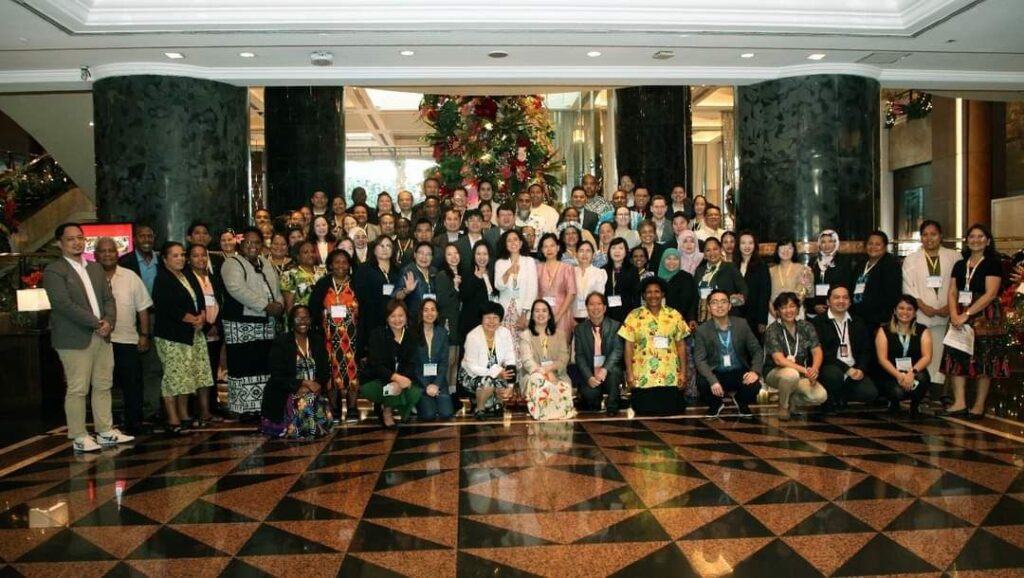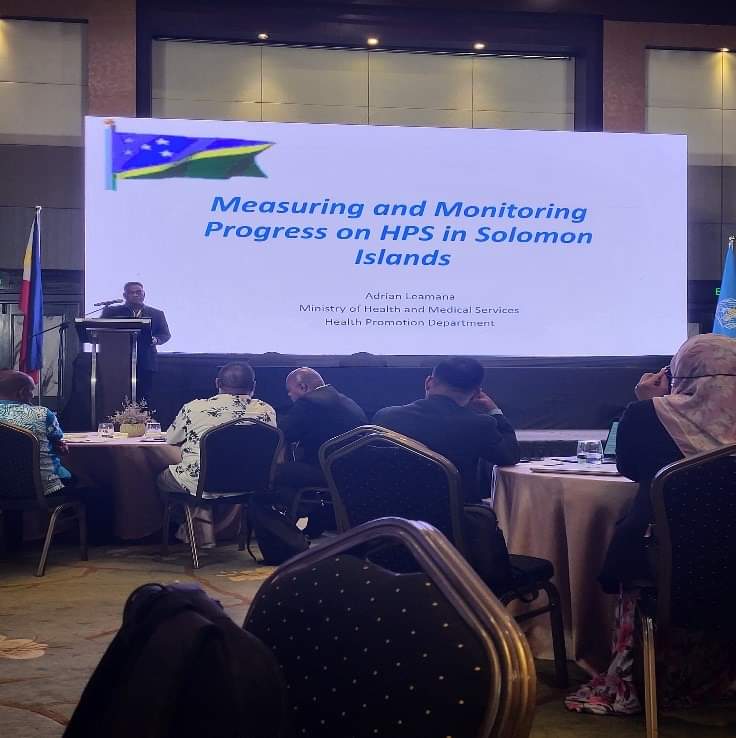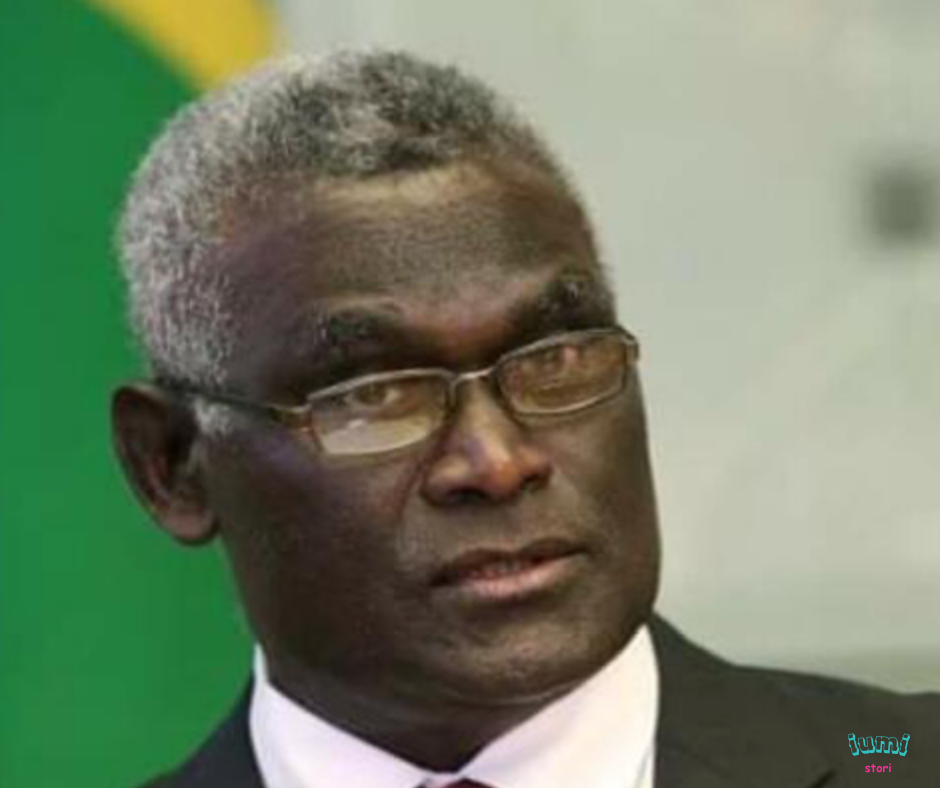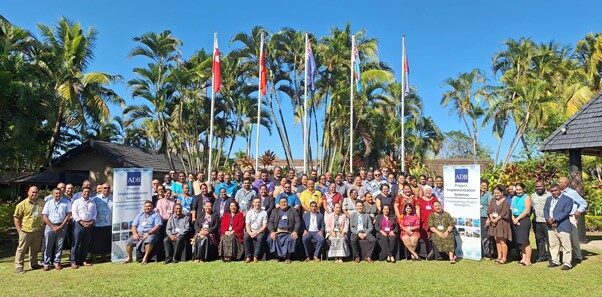The Solomon Islands Ministry of Health and Medical Services (MHMS) Health Promotion Director Adrian Leamana and the Ministry of Education and Human Resources Development (MEHRD) Manager of School Services, Gladys Siale together with other participants from 23 countries in the Western Pacific, recently participated in the Health Promoting School (HPS) regional meeting at the Western Pacific Regional Office (WPRO) in Manila, Philippines.
The World Health Organization (WHO) actively collaborates with Member States to promote health and well-being through the Health Promoting School approach. HPS was introduced more than 25 years ago, however, achieving a fully embedded, sustainable HPS system remains a challenge in the Western Pacific Region, with few countries and areas implementing and sustaining the approach at scale. Therefore, effective implementation of HPS requires increased investment, enhanced capacity, and collaboration across sectors.
The HPS regional meeting aimed to address critical health challenges faced by children and adolescents in the Region, recognizing the urgent need for intervention. The conference seeks to reinforce engagement among policy-makers and program managers, fostering awareness and commitment to school health. It will take stock of best practices, challenges, and the way forward for HPS implementation. It will also facilitate discussions on strategies to improve collaboration among relevant government departments, education authorities, and health agencies.
Health Promotion Director, Mr. Adrian Leamana stated according to the Global Youth Tobacco Survey (GYTS) 2008, and Global School Health Survey 2011, conducted among school children aged 13 to 15 years old in the Solomon Islands revealed certain percentage of school children are practicing health risk behaviors. For instance, 2 out of 5 children currently practice smoking, 4 out of 10 children consume or drink sugar-sweet beverages, and 1 in every 5 children is obese.

“This indicates the importance of investing in health-promoting school initiatives to address such unhealthy practices in the schools”, said Mr. Leamana.
However, Leamana stated SI introduced and implemented HPS initiatives back in the year 1998, with support from partners and stakeholders. “Despite many challenges, there are about more than 82 schools in the country actively participated in the HPS program”.
“The Health Promotion Department, MHMS with collaborative support from partners and stakeholders successfully reviewed and developed the National Healthy Setting Policy, including HPS guidelines, implementation guidelines, and progress monitoring framework contextualized to the local content. While these documents are available to advance HPS implementation, there is plenty of space to unpack especially on the expansion and sustainability of the HPS program.
“The MEHRD and MHMS with key partners will continue working closely to strengthen the HPS approach in the country. These include the HPS coordination mechanism system, review HPS indicators and implementation strategies and monitoring framework at the different levels at the national, provincial and at the schools setting”, said Leamana.
Meanwhile, he further stated the MHMS and MEHRD will continue to work closely with the appropriate key partners and stakeholders to strategically discuss the outcome recommendations of the meeting. The ultimate goals are; to protect the lives of the children, prepare them for life, and promote quality of life now and in the future.
End//
MHMS



